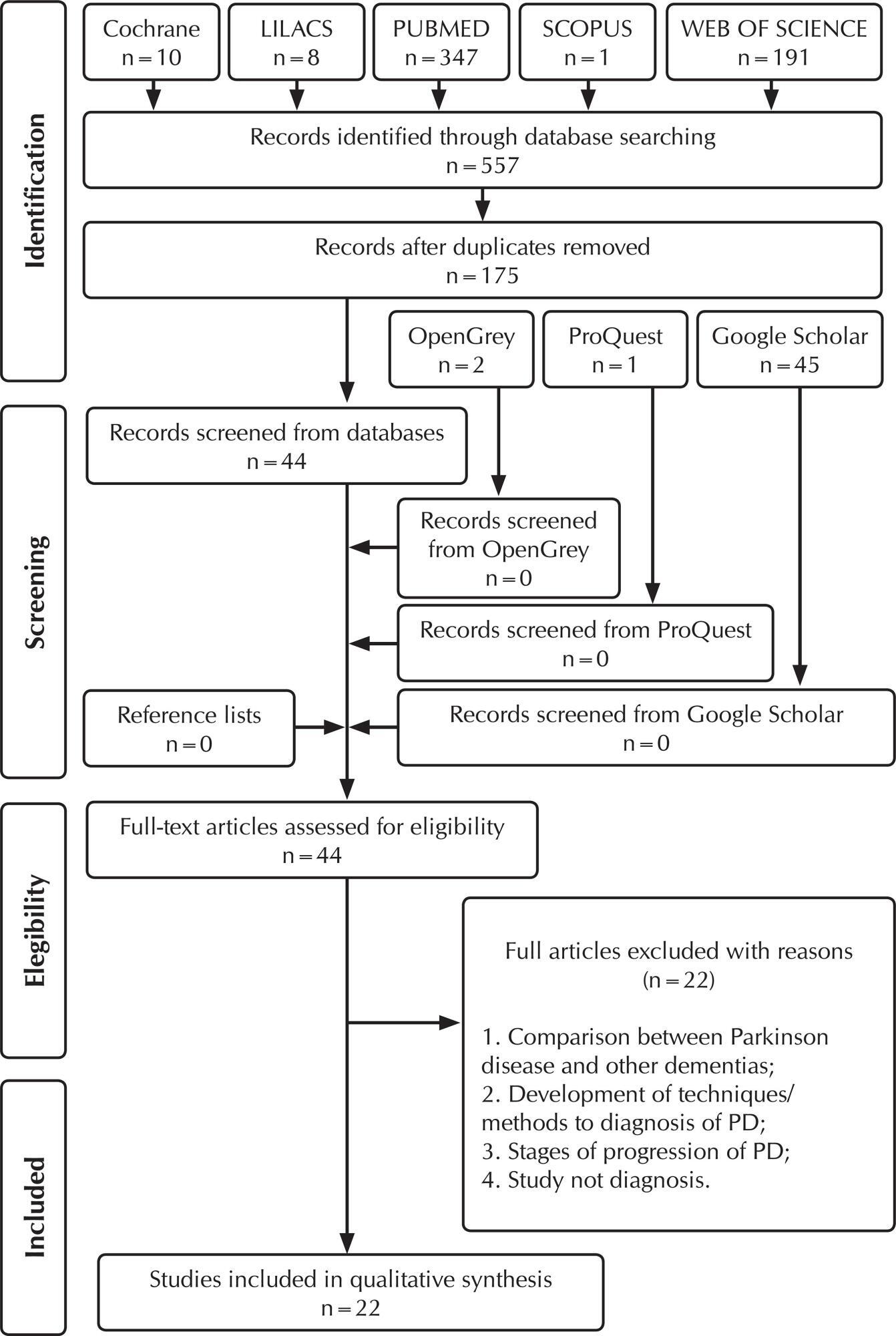-
REFLECTIVE
Nursing in hemotherapy services: considerations on public policies associated with blood and blood components
Revista Brasileira de Enfermagem. 2022;75(4):e20210417
04-15-2022
Resumo
REFLECTIVENursing in hemotherapy services: considerations on public policies associated with blood and blood components
Revista Brasileira de Enfermagem. 2022;75(4):e20210417
04-15-2022DOI 10.1590/0034-7167-2021-0417
Visualizações0Ver maisABSTRACT
Objective:
Reflect on how the evolution of legislation related to blood and blood-based products has shaped the role of nurses in hemotherapy services.
Methods:
A reflective study, carried out employing surveys in databases, about the evolution of the nurse’s role in hemotherapy services.
Results:
Several legislations, published since 1950, have encouraged blood donation and shaped the work of nurses in hemotherapy services, being the most relevant Law #10.205/2001 (Lei nº 10.205/2001), about blood collection, processing, storage, distribution, and blood transfusion; and COFEN’s resolution # 629/2020 (COFEN nº 629/2020), which addresses in detail the practice of these services.
Final considerations:
The evolution of legislation related to blood and blood-based products contributed to the consolidation of nurses’ attributions in hemotherapy services since it guaranteed legal support and defined the practices in these services.
-
REVISÃO
Diagnostic validity of biomarkers in Parkinson’s Disease: systematic review and meta-analysis
Revista Brasileira de Enfermagem. 2018;71(6):3074-3083
01-01-2018
Resumo
REVISÃODiagnostic validity of biomarkers in Parkinson’s Disease: systematic review and meta-analysis
Revista Brasileira de Enfermagem. 2018;71(6):3074-3083
01-01-2018DOI 10.1590/0034-7167-2017-0822
Visualizações0Ver maisABSTRACT
Objective:
To identify biomarkers for Parkinson’s disease, cerebrospinal fluid, blood, saliva, and urine.
Method:
The studies were collected from the Cochrane, LILACS, PubMed, SCOPUS, WEB OF SCIENCE, OpenGrey, ProQuest and Google Scholar databases starting from May 3, 2016 and updated on March 20, 2017. Twenty-two studies were evaluated, by the Quality Assessment Tool for Diagnostic Accuracy Studies and Review Manager 5.3.
Results:
Evidence shows that serum antibodies can be used as highly specific and accurate biomarkers for the diagnosis of Parkinson’s disease at the outset. Biomarkers in the cerebrospinal fluid are related to increased motor severity, postural instability, gait abnormality, and cognitive impairment.
Conclusion:
Serum and cerebrospinal antibodies can be used as diagnostic biomarkers at the onset of the disease.




